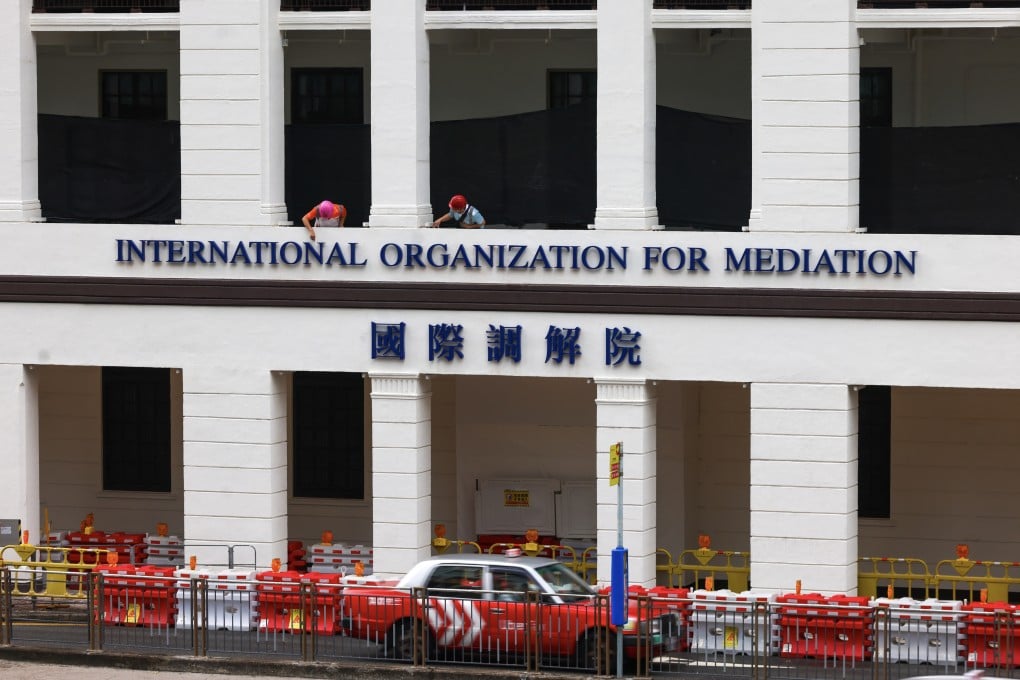Legal Tales | Interstate mediation in a multipolar world: how can Hong Kong best play a role?
Hosting the International Organization for Mediation is a strong first step for Hong Kong on the road to providing a lasting contribution to international law

If there is any consistent theme at all in international relations and global affairs throughout these past years, it is that we are now living in a multipolar world.
With the end of the Cold War, the world entered a period of Western dominance that is now giving way to a more complex and fragmented world order.
Disputes and differences between states will only continue to proliferate, but with a multipolar world comes an increasing number of them questioning the role of international law in interstate relations.
Discussions on the role of international law can often be unduly premised on its enforceability or capacity to bind states.
Mediation, as a method of non-binding dispute resolution facilitated by a third party, presents a valuable alternative. There is, in fact, a long tradition of mediation in international relations, which can encompass everything from boundary delimitation to even armed conflicts.
For example, as far back as 1825, the United Kingdom acted as a mediator between Brazil and Portugal, culminating in the signing of the Treaty of Rio de Janeiro, which established Brazil as an independent state.

